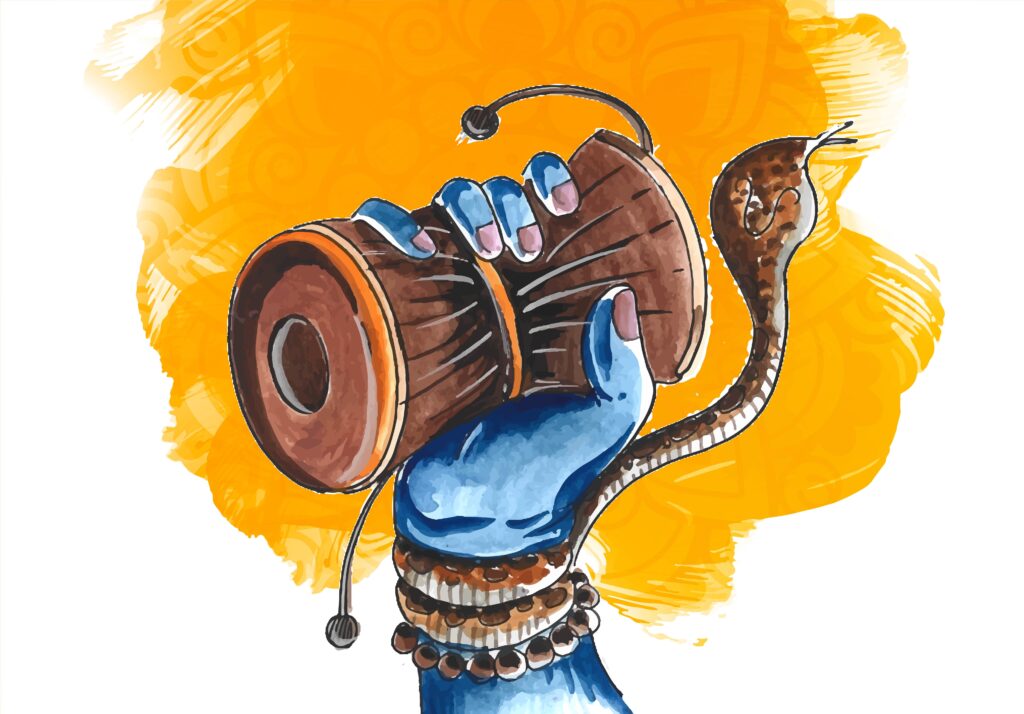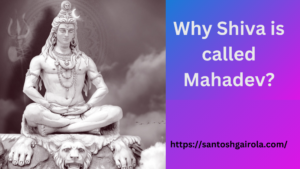Friends, your every share motivates me to write more spiritual content for all the readers and helps the search engine algorithm reach the right audience.
We are grateful for all your kindness and support.
Or you can also follow us on Facebook Author page
Aum Namah Shivaya

Author Santosh Gairola
Santosh Gairola is an Indian-origin Author, Educator, & Blogger. He is an adherent devotee of Lord Shiva and Lord Hanuman.
Subscribe to our free newsletter, and unlock the best spiritual and devotional articles.









